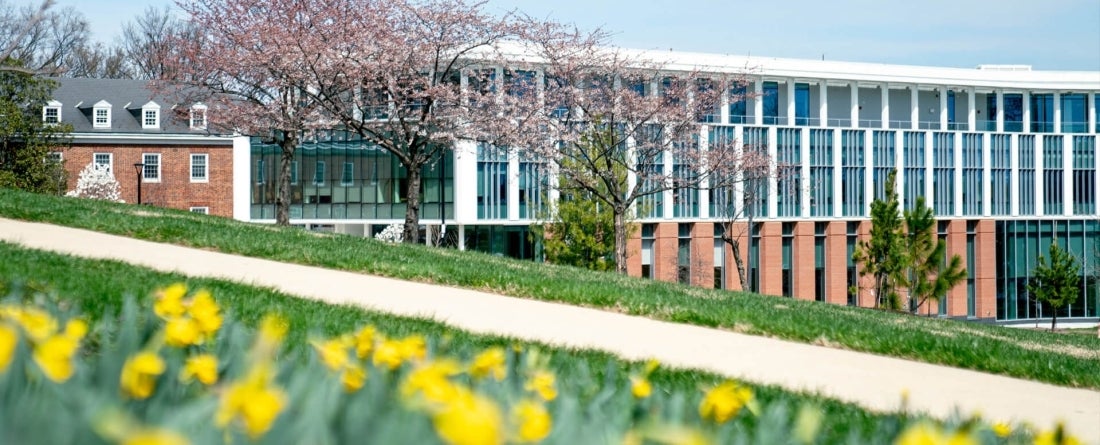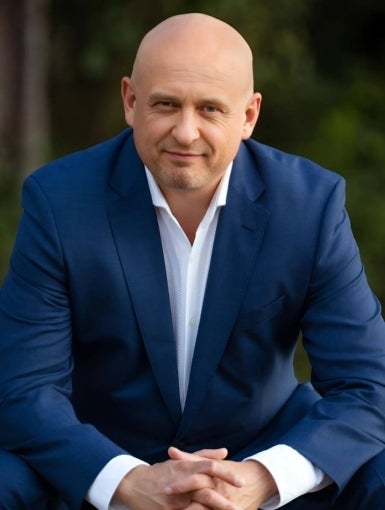
Behind any organization is its leadership, guiding its direction, resilience and long-term success—but its true effectiveness is ultimately defined by the values it upholds. For Philippe Johnson MPP ’03, a retired Air Force lieutenant colonel, leading with integrity remained a constant throughout his 24-year career in public service. Johnson’s career has been shaped by the balance between authority and accountability, from piloting aircraft to navigating intelligence operations and diplomatic assignments.
His leadership journey began with four years of Reserve Officers’ Training Corps training at the University of Florida. Over the next two decades, he held key roles in military intelligence, diplomacy and safety, serving across the globe, from Japan and Germany to Washington, D.C. and the Philippines. During that time, he saw firsthand how leadership decisions could have far-reaching consequences, reinforcing his commitment to ethical governance and accountability.
Johnson credits his time at the School of Public Policy with deepening his understanding of ethical decision making. “Despite already having a solid foundation in leadership, my experience at SPP further informed my approach to ethical leadership,” he shared. “Courses like PLCY698T: Managing Across Sectors and PLCY610: Quantitative Aspects of Public Policy had an ethical component to them that applied to the primary policy areas I studied—international security and economic policy.”
In his recently published book, “What Hangs in the Balance,” Johnson explores the pressing need for ethical leadership in public institutions. He advocates for reforms that embed ethical leadership training from the outset of a public servant’s career.
His philosophy on leadership is shaped by his experiences in perilous military environments, where balancing authority with collaboration was critical. He emphasized the importance of accountability in leadership, noting, “We can ‘hate the sin’ (enforce standards) while ‘loving the sinner’ (show empathy and as appropriate, rehabilitate people),” said Johnson. He believes that leaders who are unwilling to admit their mistakes and learn from them ultimately erode trust in institutions. He stressed that principled leadership means holding oneself accountable while fostering an environment where integrity prevails over personal or political loyalty.
Johnson’s career reflects a lifelong commitment to ensuring that leadership is not just about wielding power, but about upholding the values that sustain democratic institutions. Through his writing, he remains dedicated to fostering a culture where ethical leadership is the rule, not the exception.




